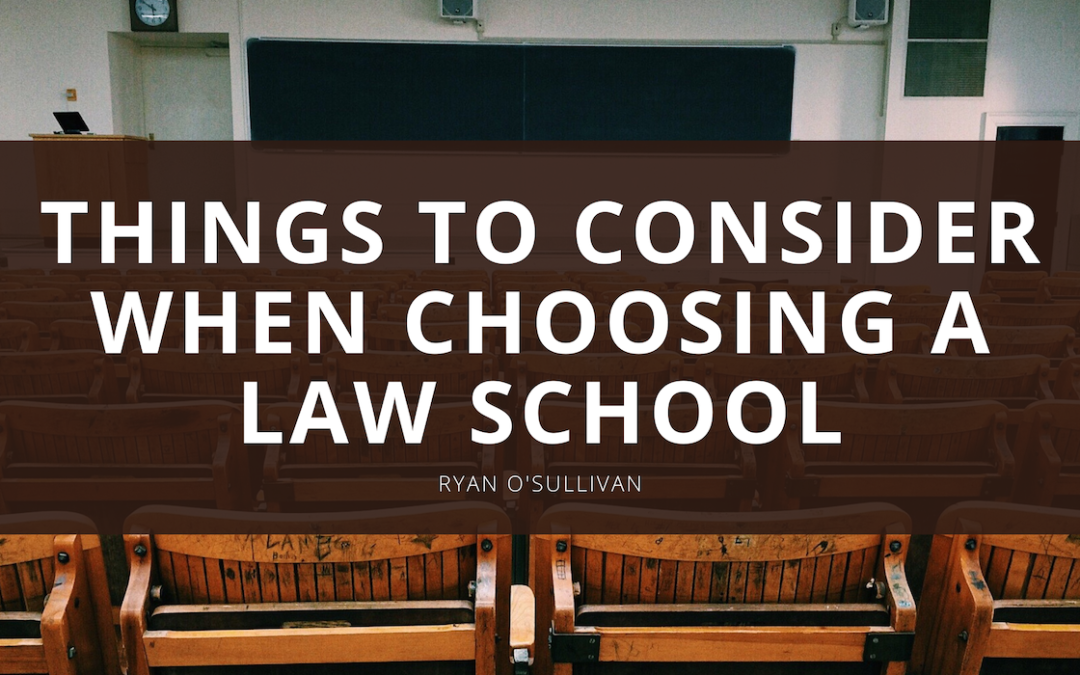Before you start looking for a law school, it’s essential to consider the various factors that will determine which one is the best fit for you. Here is a collected list of all the criteria that will help you find the ideal school.
- Location
When choosing a law school, you should consider its location. This is because it affects everything you’ll experience during your time in the program. Besides the faculty and academic environment, your location also involves other factors, such as your access to internships and professional networks.
If you’re planning on working in a specific field, such as intellectual property law, then the location can considerably impact your career opportunities. For instance, in New York City, the city’s financial district has become a significant hub for corporate law. If you’re planning on working in a particular field, such as politics and policy, then Washington, D.C., is where you want to be.
You should also check the records of significant firms and professional organizations in the area. Even though you can take your J.D. anywhere, you can still benefit from attending a law school close to the opportunities you’re most interested in.
- Student Profiles of Admitted
Every law school publishes the average student’s GPA, LSAT scores, and other admissions statistics. These data can help you determine how you stack up against other students. The average student’s admissions profile will also affect your academic profile, which will change from year to year. Don’t rule out a school based on the admitted student’s statistics. Law schools also look at other factors, such as the student’s academic performance and extracurricular activities.
- Costs and Financial Aid Options
The cost of attending a law school is a considerable investment, and you need to consider the return on your money. Although there is no exact formula, you should consider various factors, such as the financial aid package and the type of law you want to practice.
If you’re a more competitive candidate, then attending a law school that’s more expensive might be the best choice. However, this may not be the best decision for your financial situation.
Before you start looking for a law school, it’s vital that you first determine the financial aid package that’s available to you. This will allow you to make an informed decision regarding the type of available scholarships and the financial situation of the graduates. Other essential factors you should consider include the cost of living and the average indebtedness of the graduates.
- Programs
Before you start looking for a law school, it’s important that you first determine the career path that you want to pursue. You might be considering a specific field of study, or you might be leaning toward another one.
Regardless of which field of study you’re considering, it’s also important to first assess the multiple aspects of a J.D. program to ensure that you can make an informed decision regarding the career path you want to pursue.
- Faculty
The faculty members of a law school are the heart of the institution. They provide their students with the necessary expertise and academic research to succeed in the legal profession. They also contribute to the school’s reputation through personal connections with judges, law firm partners, and government lawyers. In addition, they help shape the school’s future by leading initiatives and academic programs.
You can also ask your friends and alums to help you learn more about the school’s faculty by talking to them about their interests and teaching styles. The student-teacher ratio and the number of full-time and adjunct professors are also important factors.

